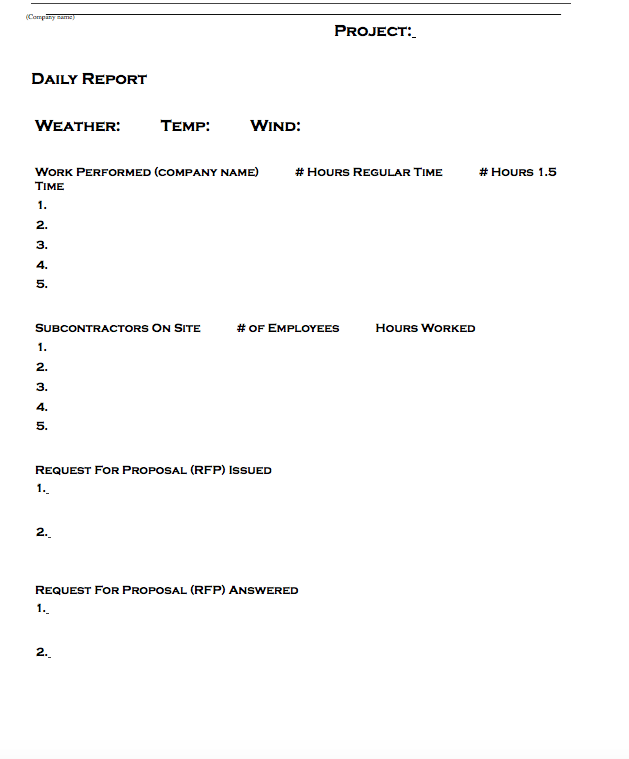The Fechino Files: Importance of timesheets and daily reports
Words: Steven Fechino
Steven Fechino
Most of us know the basics about building arches, but how many of us can layout the arch, construct the template and build the arch without having a mess to clean up once it is constructed?
Timesheets are a pain in the bottom, daily reports seem to be unnecessary, but collecting money is mandatory, and to collect what you earned, you need these two reports. It is just good business practice.
So, let me rephrase my earlier comment, timesheets are great, and daily reports are even greater when it comes to getting the proper information recorded on a project, so timely and fair payments can be made to you the mason.
Timesheets and daily reports, well, we all know what they are and how they work, but an example of what they can prevent is as follows. Say you are working on a big project, the client you are working with has been a trusted colleague for many years. The project is budgeted and approved for construction. Construction begins and is running on a timely schedule. One day the architect comes in an does not like the material chosen (even though it was sampled and approved). The original schedule changes, the time for removal of work in place and replacement of work using a different material gets budgeted, bid, and for some reason, the change order does not get written in a timely fashion. You have overhead, burden, and a crew that is no longer making money.
What can you do?

You have many choices at this point, but here is an option, offer to start an intermediate time and materials change order with daily paper and digital tickets that are signed daily by the superintendent. If the superintendent is not present at the end of the work shift, set it up so he must have it signed or e-mail approved by 9:00 am the following morning. Or the cost of an employee to resend the report to the project manager is added to the daily report. Some office help moves slowly in the morning. Once the report is sent to the general contractor, it is considered approved. This detail is put in writing and signed off on before any work starts on the original contract.
In cases where work is not contractual and fits into the time and material category, it is important to realize that the trusted colleague will begin to have memory loss during the work process. The only thing to protect you is the timesheet and daily report, both on paper and digital in format. “No, I do not remember,” does not hold air when he has signed copies of the timesheet, approved e-mails, and daily reports. You can always prove what work took place, hours worked, materials purchased, and equipment rented when it is written down. I promise you cannot remember who worked where or when after a week has passed.
I have found that timesheets and daily reports still will draw an argument 80% of the time from the superintendent or project manager of the construction company when billing is submitted. One way to eliminate most of this is to discuss this possible situation as you sign the original contract because the general contractor does not have a problem at that time and typically will be more willing to look at “easy resolution options” when the pressure is off. If you can determine a contingency fund at the beginning of the project for just this situation and the process of getting signatures daily, most problems will be minor. The contingency fund should pay for the intermediate work until the architect can issue a change order.
Timesheets properly completed with daily reports accurately describing work performed is a critical tool to get what is owed to you because work needed to be complete when someone else has changed their mind or was not sure of the scope. Masons take plenty of risks, time and material should not be a risk.